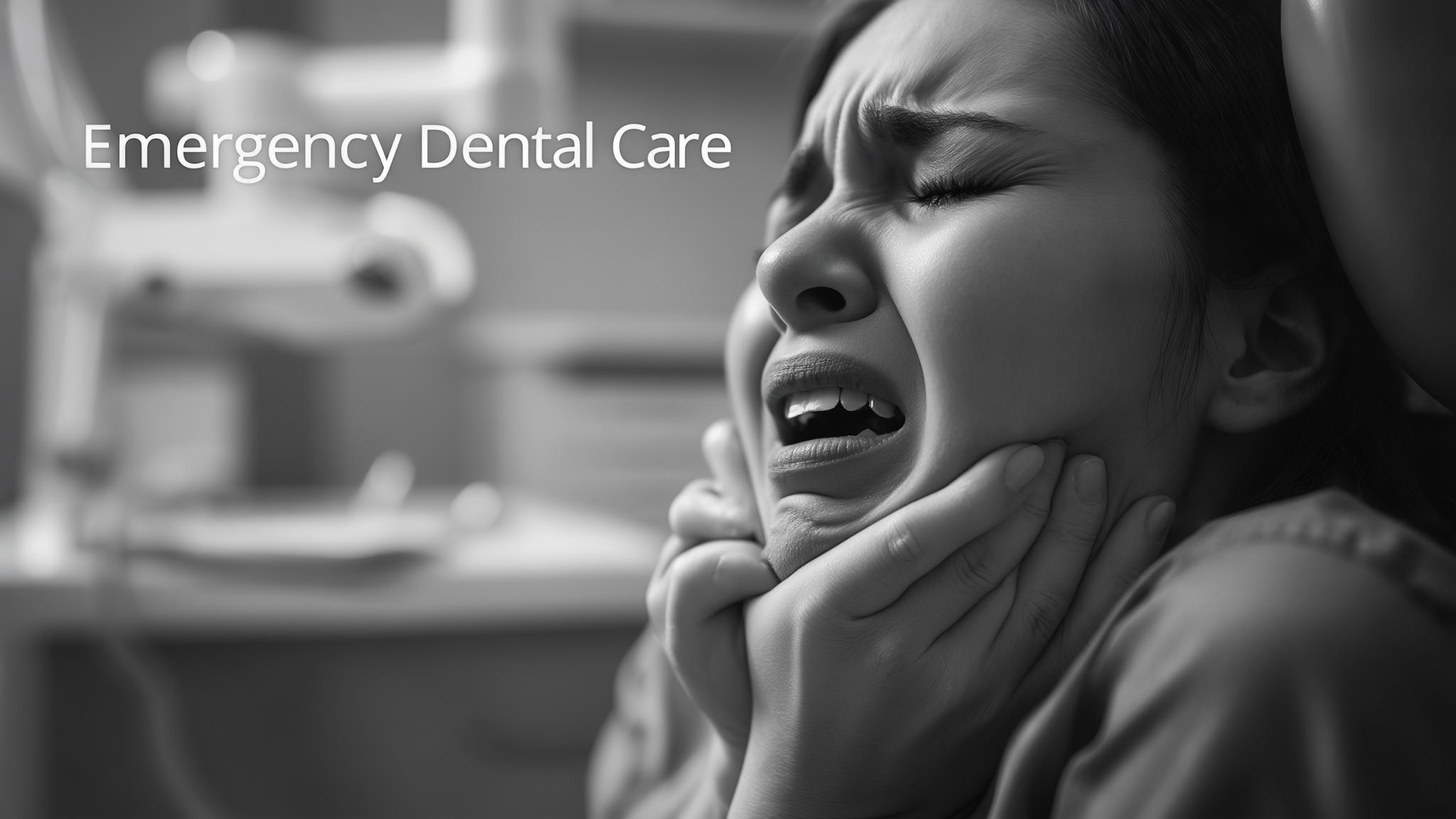Understanding Dental Emergencies
Dental emergencies encompass any oral health issue that requires immediate attention to alleviate pain, stop bleeding, or prevent further complications. Jaw-related dental emergencies are particularly critical because they can affect not only your oral health but also your ability to speak, eat, and breathe comfortably. Addressing these emergencies promptly is crucial to prevent long-term damage and ensure proper healing. In this article, we will explore various types of jaw-related dental emergencies, how to recognize their symptoms, immediate care steps, and treatment options.
Types of Jaw-Related Dental Emergencies
Jaw Dislocation
A jaw dislocation occurs when the lower jaw (mandible) becomes unhinged from one or both of the temporomandibular joints (TMJ) that connect it to the skull. This can happen due to trauma, excessive yawning, or even during dental procedures. Symptoms often include severe pain, difficulty closing the mouth, and a noticeable misalignment of the teeth.
Jaw Fractures
Jaw fractures are breaks in the jawbone and are typically caused by significant trauma, such as a blow to the face or a car accident. Symptoms include intense pain, swelling, bruising, and an inability to move the jaw properly. In some cases, the teeth may not align correctly, indicating a fracture.
Other Related Injuries
Jaw-related emergencies can also involve soft tissue injuries to the gums and cheeks, which might occur alongside fractures or dislocations. These injuries can affect teeth alignment and occlusion, leading to further complications if not addressed.
Recognizing Symptoms
Being able to identify the symptoms of a jaw emergency can help you seek timely treatment. Common signs include:
- Pain and swelling around the jaw area
- Difficulty opening or closing the mouth
- Misalignment of teeth
- Bruising or visible deformity
Self-assessment and awareness are key; if you notice these symptoms, it's important to act quickly.
Immediate Care and First Aid
In the event of a jaw emergency, taking the right initial steps can make a significant difference:
- Assess the severity of the injury carefully.
- Control any bleeding by applying gentle pressure with a clean cloth.
- Manage pain using over-the-counter medications like ibuprofen.
Do's and Don'ts
- Do not attempt to move the jaw or force it back into place.
- Avoid eating or drinking if the jaw is misaligned, as this can worsen the injury.
Seeking Professional Help
Prompt dental care is essential for jaw emergencies. Visit a dentist or emergency room if you experience:
- Severe pain and swelling
- Inability to move the jaw
- Visible deformities
During a dental emergency visit, expect diagnostic procedures like X-rays and a thorough physical examination to determine the extent of the injury.
Treatment Options
Treatment for Jaw Dislocation
Dislocated jaws are typically treated with reduction techniques, where a professional manually repositions the jaw. Follow-up care and rehabilitation are crucial to ensure proper healing and prevent recurrence.
Treatment for Jaw Fractures
Treatment depends on the type and severity of the fracture. Options include:
- Surgical intervention for complex fractures
- Non-surgical treatments like wiring the jaw shut for simpler fractures
Recovery time varies, and proper care is essential for healing.
Management of Soft Tissue Injuries
Soft tissue injuries require careful cleaning and suturing if necessary. Pain management is also important to ensure comfort during recovery.
Prevention and Safety Tips
Reduce the risk of jaw injuries by:
- Wearing protective gear during sports
- Practicing safe techniques during physical activities
Regular dental check-ups can also help identify potential risks before they become emergencies.
Conclusion
Addressing jaw-related dental emergencies promptly is vital for maintaining oral health and overall well-being. If you experience any symptoms of such emergencies, seek immediate care to prevent complications. Remember, maintaining oral health and safety is a lifelong commitment, and taking preventive measures can safeguard your jaw health.
References
For further reading, consider consulting resources from the American Dental Association and Mayo Clinic. These organizations provide comprehensive information on dental emergencies and jaw health.

